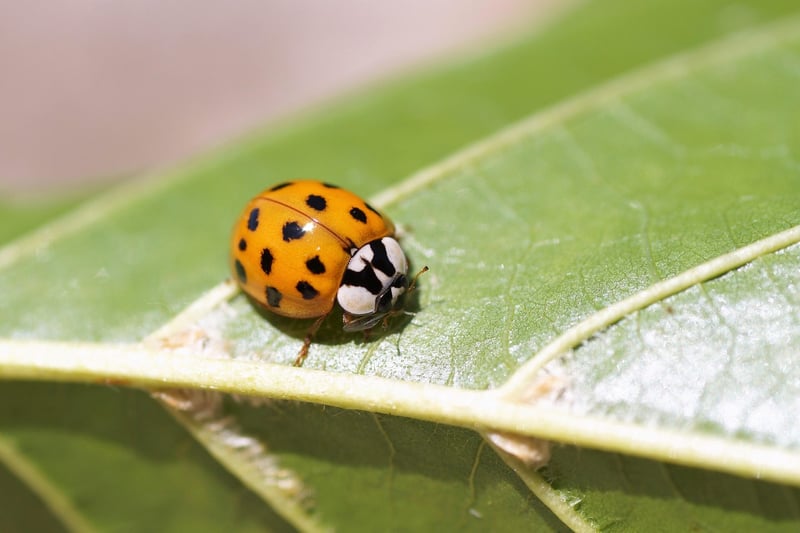Pest Control
Keeping Your Garden Healthy: Pest Control Tips
Welcome to our guide on maintaining a healthy garden by effectively managing pests. A beautiful garden requires care and attention, and one critical aspect is pest control. By employing natural and sustainable methods, you can protect your plants without harming the environment.
1. Identify the Pests
Before taking any action, it's essential to identify the pests affecting your garden. Some common garden pests include aphids, slugs, snails, and caterpillars. Knowing the specific pests will help you choose the most appropriate control methods.
2. Beneficial Insects
Encourage beneficial insects like ladybugs, lacewings, and praying mantises in your garden. These insects prey on common pests and help maintain a natural balance. Planting flowers like marigolds and sunflowers can attract these beneficial insects.
3. Neem Oil
Neem oil is an organic and effective pest control solution. It works against a variety of pests and is safe for plants, animals, and humans. Dilute neem oil as per instructions and spray it on affected plants.
4. Diatomaceous Earth
Diatomaceous earth is a natural pest control remedy for slugs, snails, and other crawling insects. Sprinkle diatomaceous earth around the base of plants or on affected areas. It damages the pests' exoskeleton, eventually leading to their demise.
5. Companion Planting
Utilize companion planting techniques to naturally deter pests. For example, planting basil near tomatoes can help repel insects that harm tomato plants. Research companion planting combinations that work best for the vegetables and herbs in your garden.
6. Physical Barriers
Use physical barriers like row covers or netting to protect your plants from pests. These barriers prevent insects from reaching the plants while allowing sunlight and water to penetrate. Ensure the barriers are properly secured to avoid any gaps.
Conclusion
By implementing these natural pest control methods and maintaining a healthy garden environment, you can effectively manage pests without resorting to harmful chemicals. Remember that a diverse and balanced ecosystem is key to a thriving garden.

Happy gardening!
